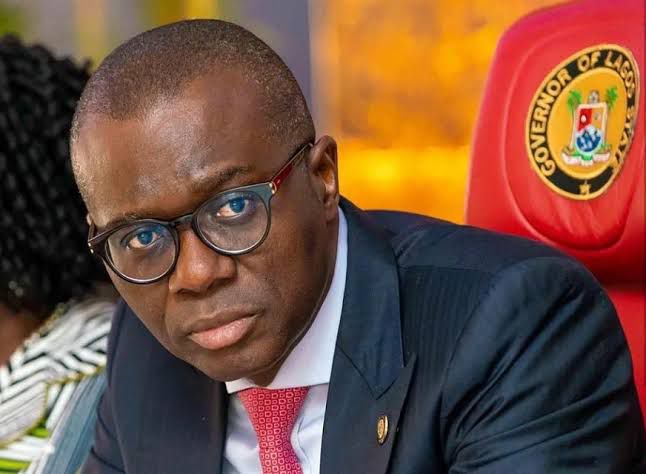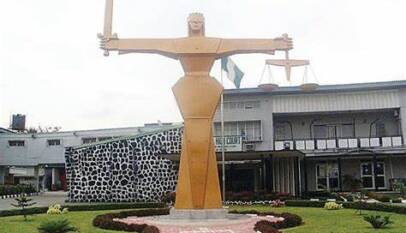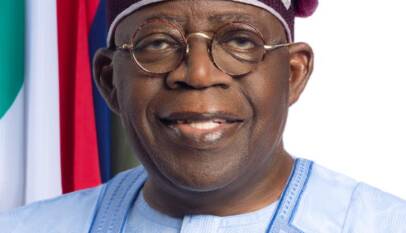The Lagos State Government has launched the €410 million Omi Eko Project, a landmark initiative designed to revolutionize inland waterways transportation and ease road congestion across the state.
Governor Babajide Sanwo-Olu officially flagged off the project on Friday at the Five Cowries Terminal, headquarters of the Lagos State Waterways Authority (LASWA) in Falomo, Ikoyi. The project, implemented by LASWA on behalf of the state government, is being financed through a €360 million investment under the Global Gateway Initiative, supported by the French Development Agency (AFD), the European Union (EU), and the European Investment Bank (EIB).
The financial package includes a €60 million grant from the EU, a €130 million concessional loan from AFD, and a €170 million subsidized loan from EIB. According to the project outline, the Omi Eko initiative will run from 2024 to 2030, focusing on developing mass public inland waterways transportation across the Lagos Lagoon.
The project covers the construction of water transport infrastructure such as 15 priority ferry routes, 140 kilometers of channelized and dredged waterways, and 25 ferry terminals and jetties. Each terminal will feature electric charging stations for e-vessels, maintenance depots, and improved road linkages to ensure seamless land-to-water connections. Adequate drainage systems will also be provided to prevent flooding. The infrastructure will be built to withstand up to an 80 percent sea level rise by 2100, with floating pontoons replacing traditional concrete structures to ensure climate resilience.
It also includes the acquisition of more than 75 electric-powered ferries, the deployment of intelligent transport systems such as electronic ticketing, passenger information systems, control centers, and vessel tracking technology. In addition, the project will strengthen LASWA’s institutional capacity and introduce a vessel industry transition program to improve governance and operational standards across the city’s ferry network.
Governor Sanwo-Olu described the Omi Eko Project as a bold step toward achieving a cleaner, safer, and more efficient transport system in Lagos. He noted that the initiative will promote sustainable mobility, reduce road traffic, and enhance the state’s environmental goals.
When completed, the project is expected to transport more than 25 million passengers annually, offering Lagos residents a faster and greener alternative to road travel.



































